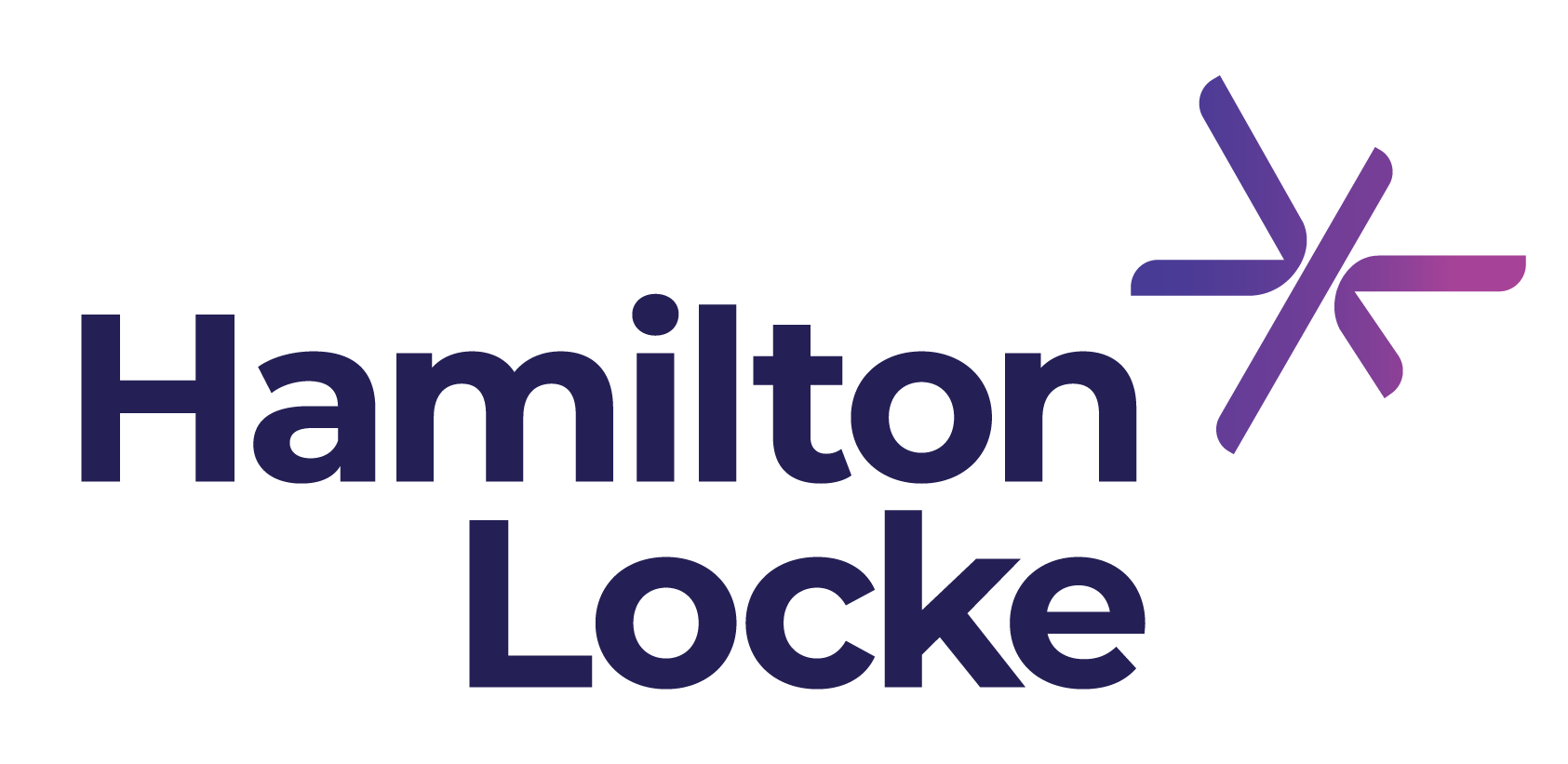AN AFS LICENSING EXEMPTION FOR PRODUCT ISSUERS - INTERMEDIARY AUTHORISATION.
Published on Jun 30, 2020

Providing financial products to retail clients in Australia is almost impossible unless you hold an Australian financial services (AFS) licence. The intermediary authorisation exemption is virtually the only way product issuers can avoid licensing provided it’s used correctly.
What is an intermediary authorisation?
An intermediary authorisation allows an unlicensed product provider to operate by entering into an arrangement with a local AFS licensee. There are no restrictions on the type of clients you may service under this exemption – it’s available for both wholesale and retail clients.
For example, this arrangement can be used by:
- Insurers who enter the Australian market by granting a binding authority to an agent;
- Non-cash payment products as long as customers don’t have direct access to their services.
This is not an authorised representative arrangement, it’s a different type of agreement between an unlicensed product provider and an AFS licensee. A product provider cannot act as the authorised representative of another licensee. This is because an authorised representative always “acts on behalf of” its authorising licensee to provide the financial services. If a product provider did genuinely act on behalf of the licensee to provide its own products, then those products would no longer be its products – they would be the products of the authorising licensee.
The financial service that is provided under the authorisation must be the “issue, variation, or disposal” of a financial product (in accordance with the terms of that intermediary authorisation). It does not exempt any advice activities but product issuers may be able to access a separate exemption for general advice.
To be a valid intermediary authorisation, the arrangement must include a written agreement that:
- Authorises the AFS licensee to make offers to arrange for the product issuer to issue, vary or dispose of the financial products;
- Specifies that the product issuer will actually issue, vary or dispose of the products in accordance with any offers made by the licensee; and
- Only involves offers made by the licensee that are covered by the authorisations on that licensee’s AFS licence.
What you can’t do with an intermediary authorisation
Under an intermediary authorisation a product issuer cannot deal directly with customers under any circumstances.
The AFS licensee cannot deal in a financial product unless they’re issuing, varying or disposing for the product issuer. This means you can’t:
- Make a market for the financial product;
- Operate a registered scheme;
- Provide a custodial or depository service; or
- Provide a crowd-funding service.
This means the exemption can never be used by:
- The trustee of a registered scheme (including peer-to-peer lenders);
- The trustee of an unregistered scheme that has the custodial and depository services authorisation. In this arrangement, the only option available to the trustee is to hold its own AFS licence. But it can be used by the trustee of an unregistered scheme that does not hold any financial products in custody, like a property scheme which only holds real property, provided the trustee only deals with investors through the licensee; and
- Non-cash payment providers that allow direct access to their services.
If you think an intermediary authorisation could be the solution for your situation, or you would like help setting one up, please contact us. We’d be happy to help.
June 2020


